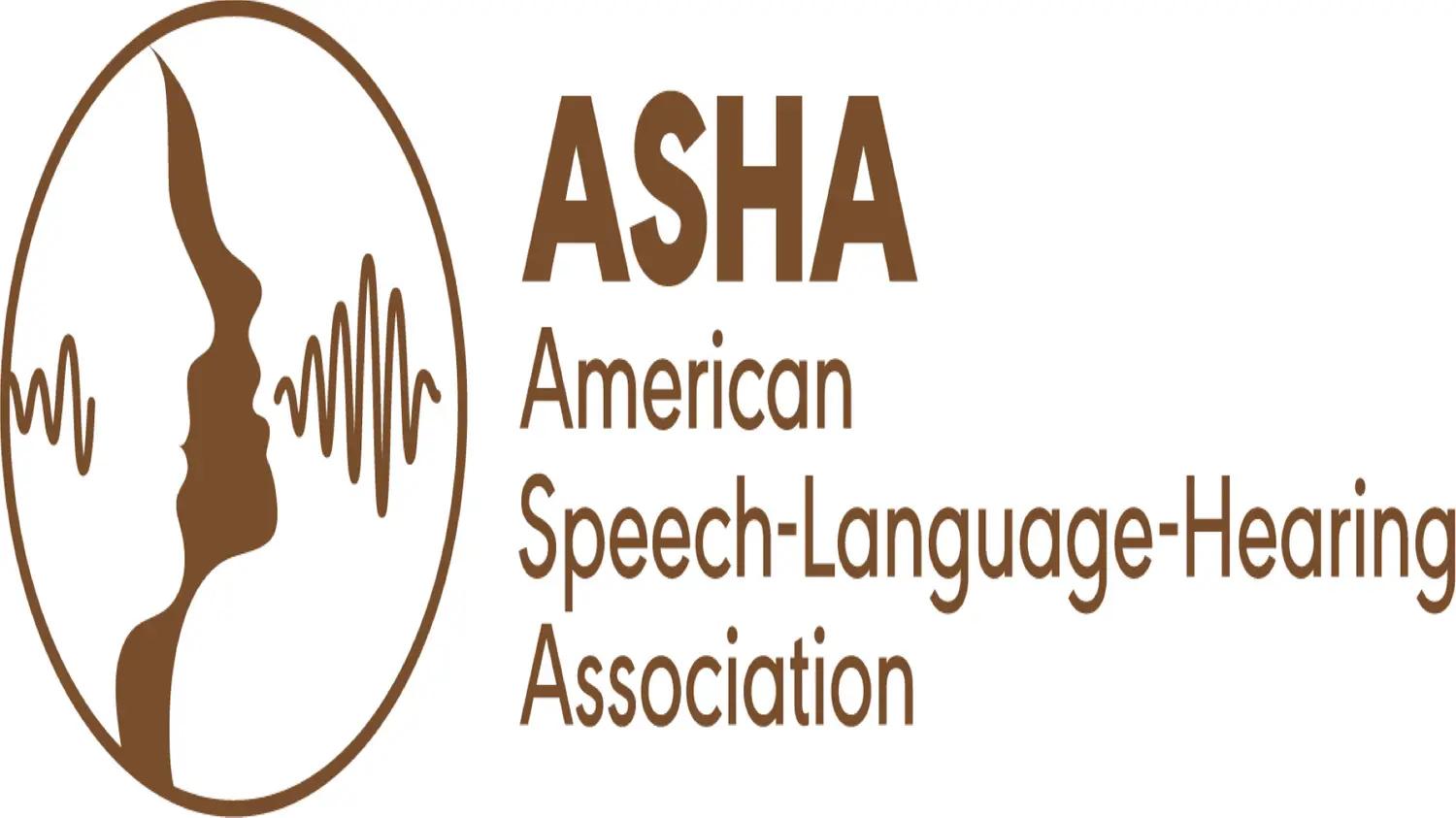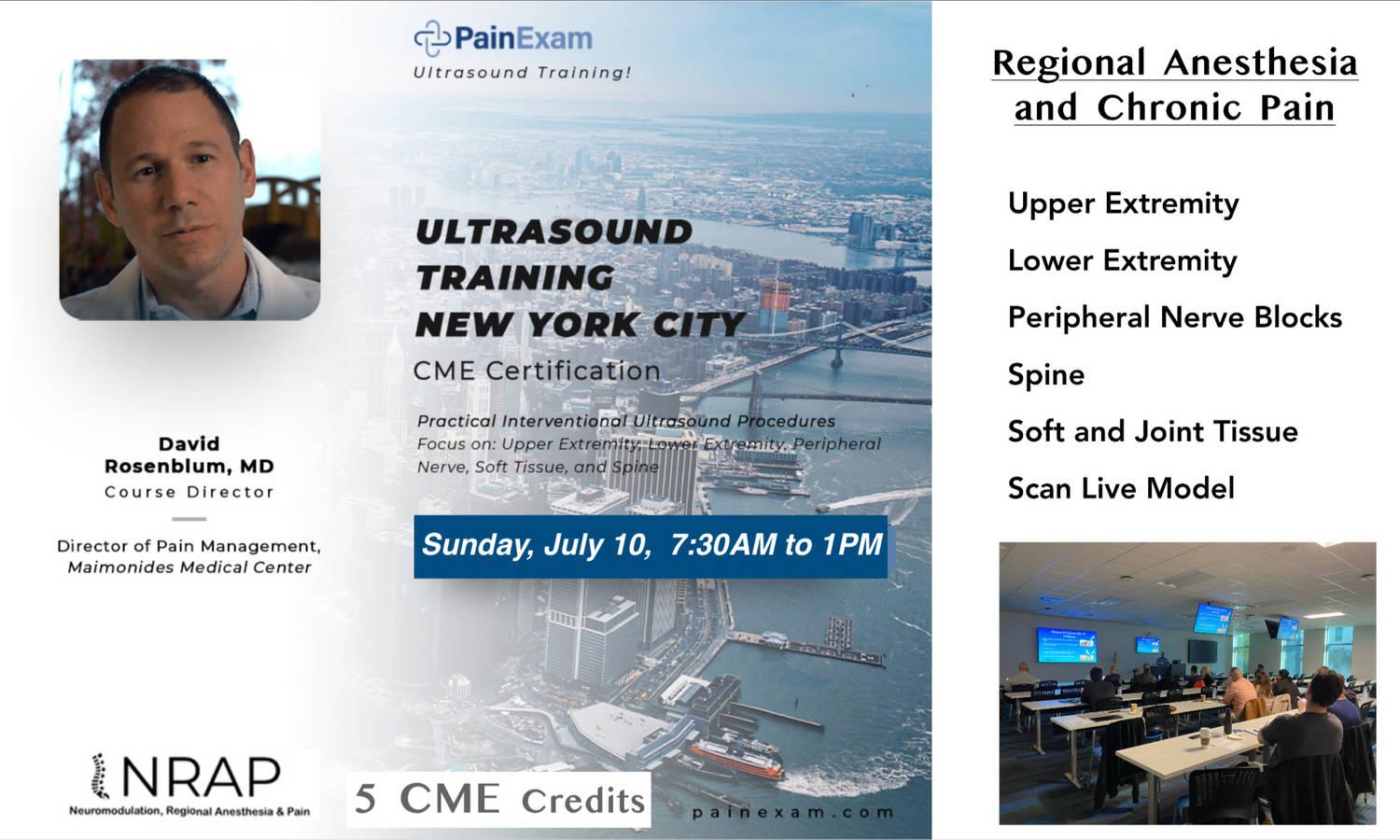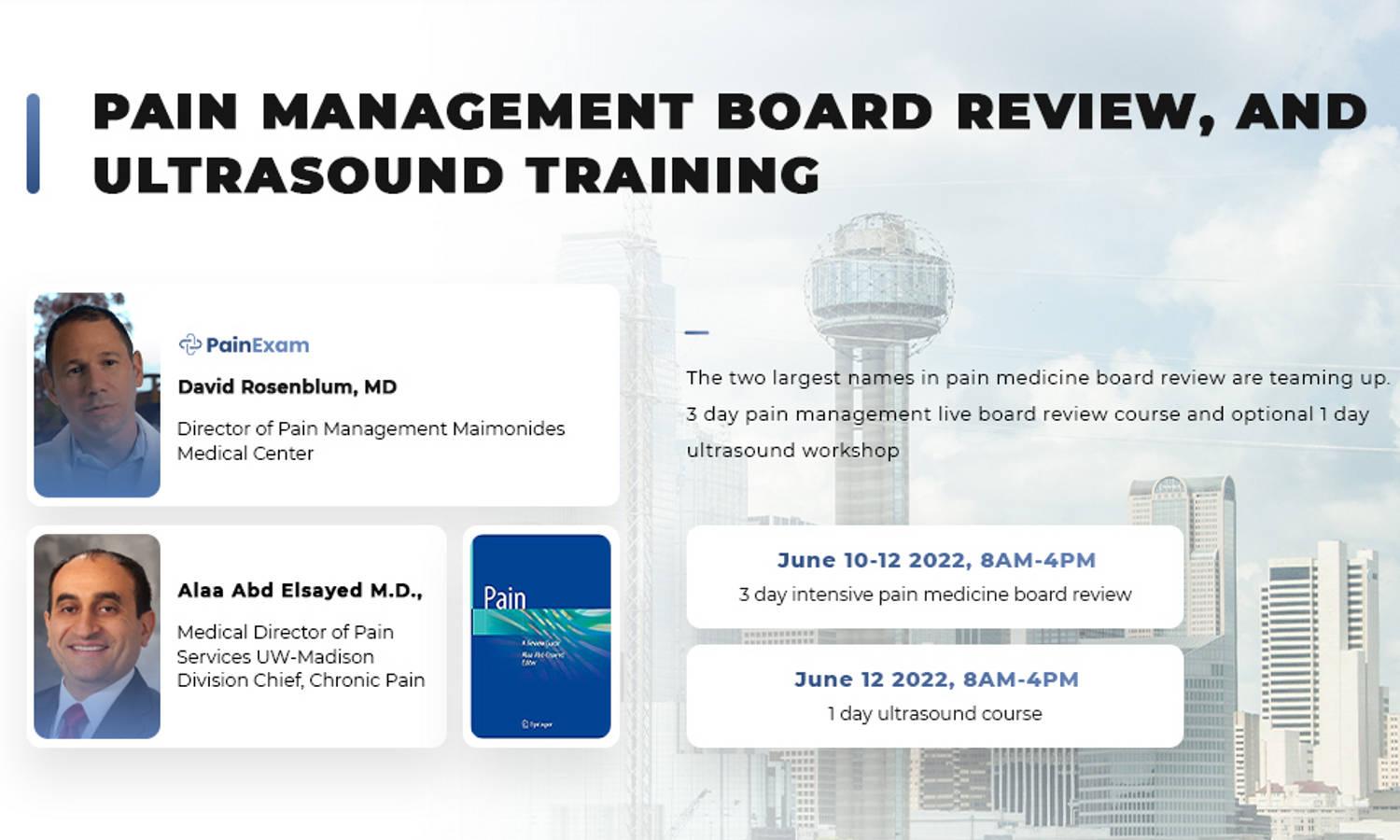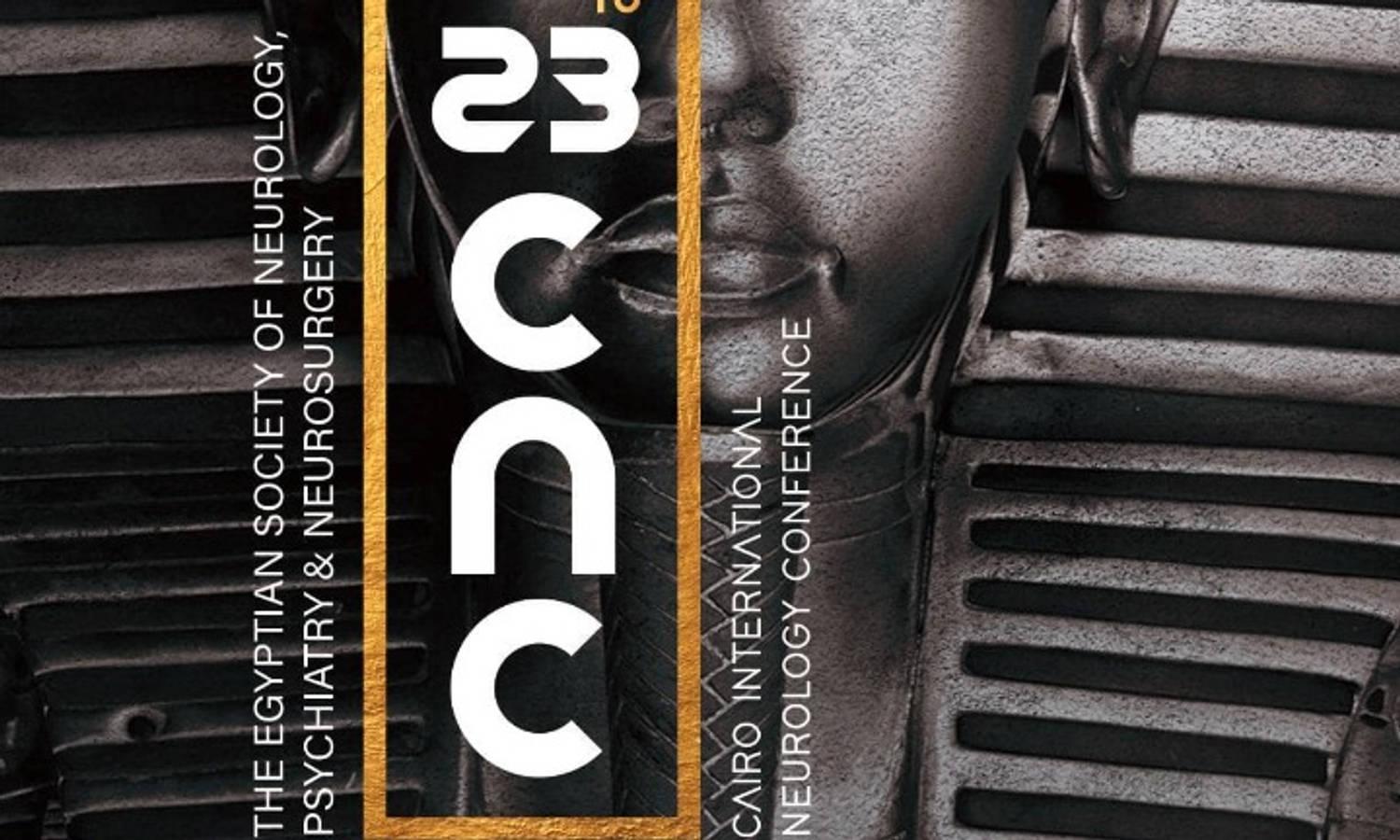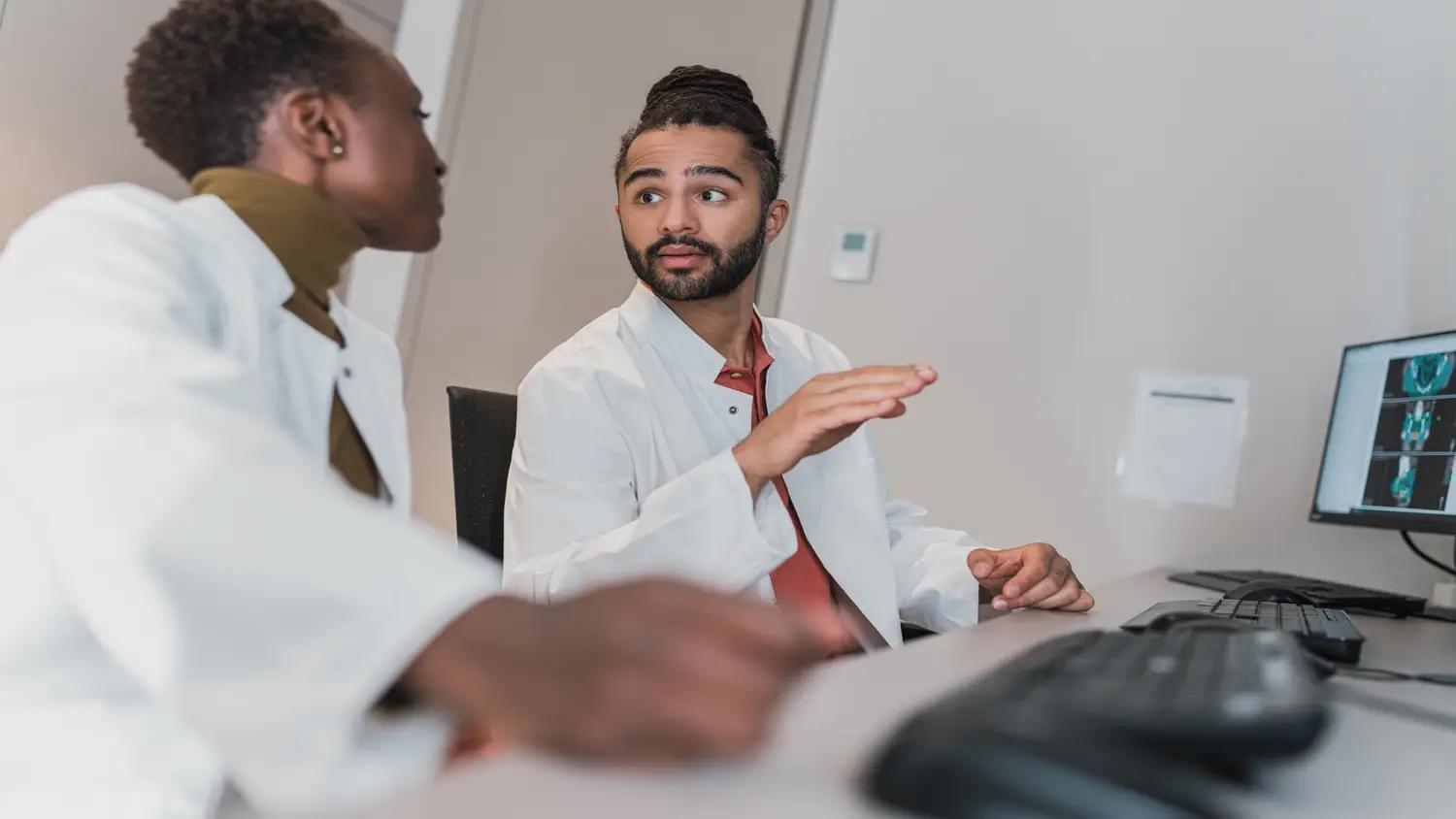
What To Do When It's Not BPPV - Challenging Vestibular Disorders Including Post Concussion Syndrome-Archived-Now Part of Advanced Vestibular Rehabilitation Online
 hosted byEducation Resources, Inc. (ERI)
hosted byEducation Resources, Inc. (ERI)
What To Do When It's Not BPPV - Challenging Vestibular Disorders Including Post Concussion Syndrome-Archived-Now Part of Advanced Vestibular Rehabilitation Online is organized by Education Resources, Inc. (ERI).
Description:
This evidence-based course will focus on the assessment and treatment of patients with vertigo and dysequalibrium from unusual vestibular causes. Course participants will distinguish among causes of dizziness such as Concussion, Chronic Subjective Dizziness (Persistent Postural Perceptual Dizziness), Anxiety, Superior Canal Dehiscence, Fistula, Migraine, and Meniere’s disease. Course participants will be able to design and modify treatment programs based on the nature of the cause of dizziness in this patient population.
Course Objectives:
Upon completion of this course, participants will be able to:
• Discuss the pathophysiology of concussion and the common symptoms associated with concussion.
• Describe the characteristics of Physiologic Post-Concussion Disorder, Vestibulo-ocular Post-Concussion Disorder, and Cervicogenic Post-Concussion Disorder.
• Describe the parameters of the Buffalo Concussion Treadmill Test and the aerobic exercise program based on the treadmill test results.
• Design a treatment regimen for patients with Vestibulo-ocular PCD, and Cervicogenic PCD.
• Identify the criteria for diagnosis of Migraine Associated Dizziness.
• Identify Chronic Subjective Dizziness (Persistent Postural Perceptual Dizziness) and describe the three arms of treatment for CSD.
• Discuss the physiologic and imaging test results in patients with CSD.

